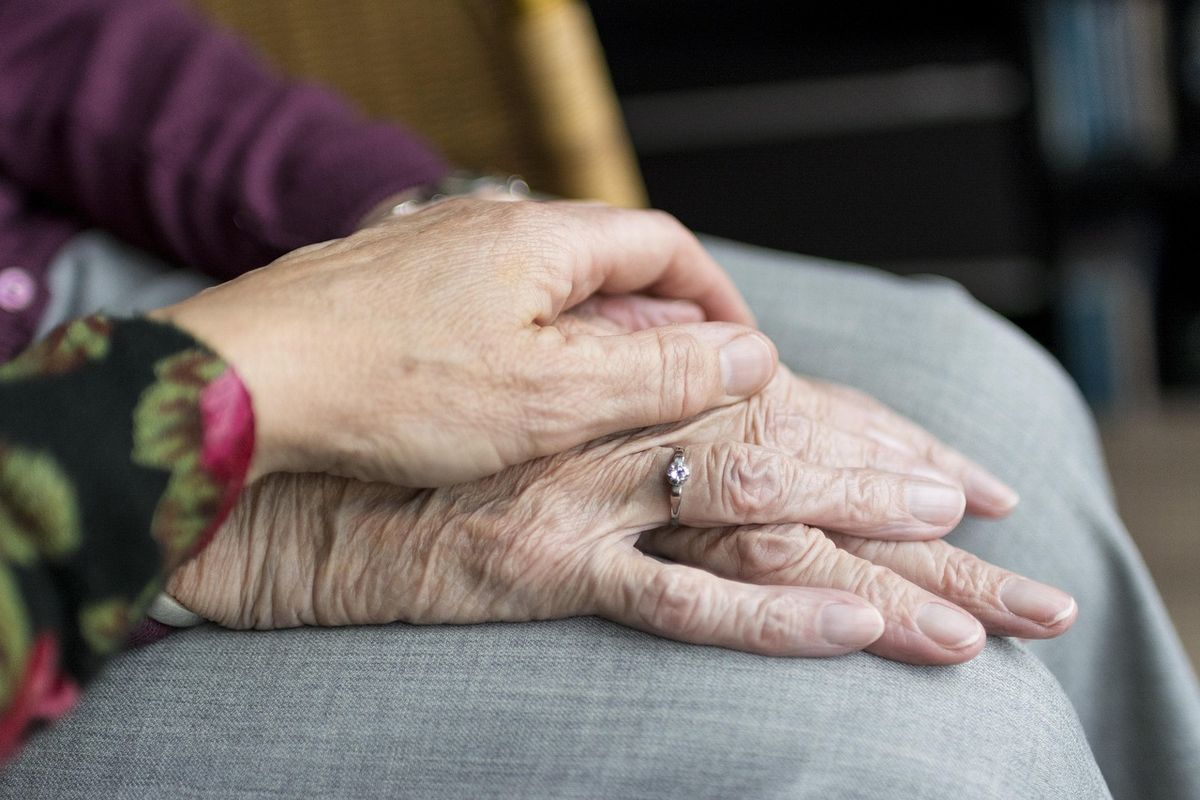Published: July 10, 2025 | Category: Elderly Care & Medical Technology
As Japan faces the challenges of an aging population, the number of elderly individuals living with dementia continues to rise. According to estimates from the Ministry of Health, Labor and Welfare, by 2025, one in five people over the age of 65 is expected to have dementia. This growing issue calls for more comprehensive and efficient care systems that extend beyond hospitals and into communities and households.
Amidst these challenges, a groundbreaking innovation was introduced at the 30th Annual Conference of the Japan Academy of Gerontological Nursing in July 2025. MorsonSmartQ&A, a generative AI-powered support system, is designed to assist healthcare and caregiving professionals by providing accurate, real-time answers to questions that arise during dementia care.
Challenges in Dementia Care
Dementia manifests through symptoms such as memory loss, impaired judgment, and emotional instability. These symptoms often leave both caregivers and family members confused and unsure of how to respond. In caregiving settings, common concerns include:
- “Is this behavior a sign of disease progression or just temporary confusion?”
- “How should I explain this situation to the family?”
- “I’m not sure how to guide new staff through this situation.”
Much of the care relies on the intuition and experience of seasoned professionals. However, disparities in knowledge and communication within multi-disciplinary teams often result in inconsistent care and increased stress on staff.
What is MorsonSmartQ&A?
MorsonSmartQ&A is a generative AI system trained on medical literature, care guidelines, and real-world case studies. It is designed to assist care workers, nurses, and support staff by providing instant, evidence-based responses to their questions.
For example, if a staff member asks why a patient is frequently asking to use the restroom at night, the AI might suggest possibilities such as dehydration, side effects of medication, or anxiety associated with dementia.
Real-World Use Cases
Facilities that have implemented MorsonSmartQ&A report a variety of practical benefits:
- New staff members gain confidence by confirming care procedures with AI guidance
- Night shift workers can make informed decisions without immediate access to doctors or senior staff
- Team meetings benefit from shared insights generated by the AI, helping unify care policies
One veteran nurse commented, “It feels like having another expert by your side. Especially during busy times, it’s incredibly reassuring.”
Expanding to Home Care
Beyond medical facilities, there are high hopes for applying this technology in home settings. Families caring for elderly loved ones at home often struggle with uncertainty and isolation. If MorsonSmartQ&A becomes available through smartphones or tablets, families could easily access expert advice.
Imagine a family member wondering, “Is this behavior something to worry about? Should I contact the doctor?” With AI support, they could quickly get clear guidance, reducing anxiety and improving care.
What AI Can and Cannot Do
While AI offers impressive capabilities, it is not a replacement for human care. Emotional intelligence, empathy, and interpreting subtle cues remain uniquely human strengths. However, in terms of providing fast, accurate, and impartial information, AI can significantly enhance care quality.
Used appropriately, AI becomes a vital pillar of support rather than a substitute for professional judgment.
Conclusion: Toward a Collaborative Future
Japan’s super-aging society demands both scalable and compassionate approaches to dementia care. MorsonSmartQ&A is a promising example of how technology can bridge the gap between growing needs and limited human resources.
By blending human warmth with the analytical power of AI, we can move toward a future where dementia patients receive consistent, high-quality care—whether in a hospital or at home.
Source: Zenetec Inc. Press Release (Japanese)
Written by: Connecting the Days – A Former Administrative Scrivener’s Blog



コメント